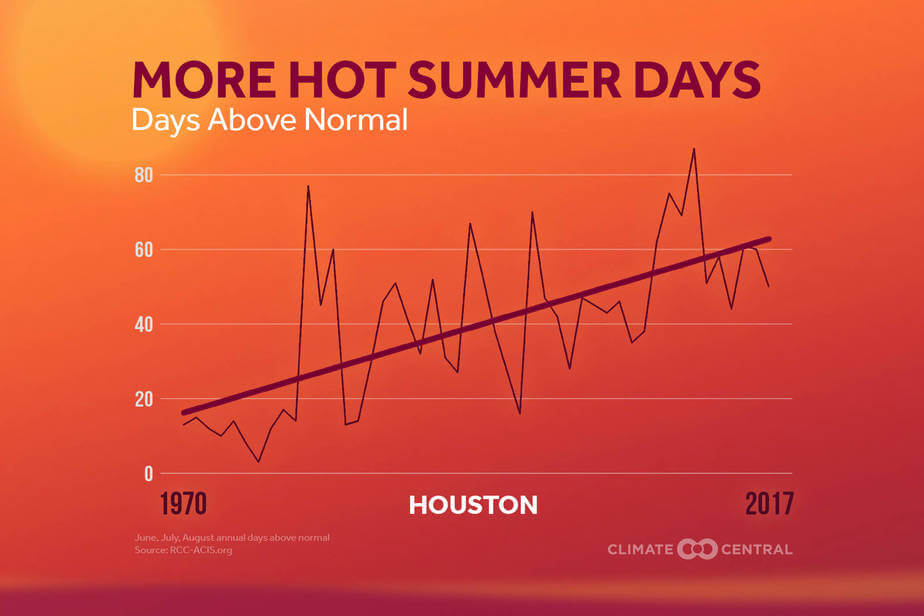Arctic’s ‘Last Bastion’ of Sea Ice Breaking Up

On Facebook, someone commented on CNN’s article The Arctic’s ‘last bastion’ of sea ice is breaking up for the first time on record as follows: “If all of this is accurate we’re already far too late to do much about it.”
Glenn replied:
The next century of warming is more or less baked in, yes… because of runaway feedback mechanisms. But that doesn’t mean that we don’t need to stop emissions. It can get much MUCH worse.
The range of models for sea-level rise is basically from ~0.5 meter to ~2.5 meters over the next century. The fact that the sea ice around Greenland is so much more fragile than expected shows something we more or less already knew: that the ~0.5 – 1.0 meter models were nothing short of Pollyannish. They just need to be dropped en masse, which would move the median model upwards, where it clearly should be.
But it doesn’t mean that our children are going to be living in Waterworld (though a two-century rise might well be 6-8 meters if we don’t change things fast).
We do need to split our efforts between accommodation (raising sea walls, raising coastal property or retreating from it, glassing in farmland, building extremely large water desalination projects and water distribution centers, etc…) and strong mitigation efforts. But we know that waters will rise some. We can handle a 2 meter rise in a hundred years… or even a 2.5 meter rise, though that remains an extreme outlier.
Our decedents will face a more challenging world, but they will have more advanced technology to help them. We just need to strive to give them what advantages we can, which include mitigation and accommodation strategies, but also includes reducing our debt load, leaving them some resources, and building out infrastructure, education, and research and development.
This is a huge and horrifying development, but it doesn’t materially change the game.

Craig,
What fun it must be to speculate on the possible apocalyptic effects of climate change a hundred years from now.
The really good thing about pondering what may occur a hundred years hence, is there’s no fear of being proved wrong in your lifetime !
Little is known of Geo-phyiscal oceanic mechanisms to deal with increases in liquid volume.
Studies of Pacific islands show some sink, while others rise. Some studies show that if volume increases the additional weight compacts or lowers the sea-bed, while other studies show greater evaporation and fresh water distillate being distributed in previously arid areas. Changes in oceanic salt levels and other materials over the eons is the subject of considerable conjecture and scientific debate.
The weight of human installations on coastal areas can lead to coastal flooding, while coastlines can naturally increase over a few centuries until harbor towns become inland pastures.
Very little is known about the planets Geo-physical behaviour and even less about the ocean beds.
We probably know more about the moon than we do about the ocean depths.
But, I guess it’s always fun to speculate about the long distant future, and when speculating make that speculation as exciting as possible :).
That would be terrible. We already have an issue with over-population, pushing people inland would make it so much worse. If we don’t make a wall in time, we would have to deal with that and so much more. Plus if we did have a wall, and the water was 1 or 2 meters below the top, a Tsunami would be so much worse since it’s also coming from above.